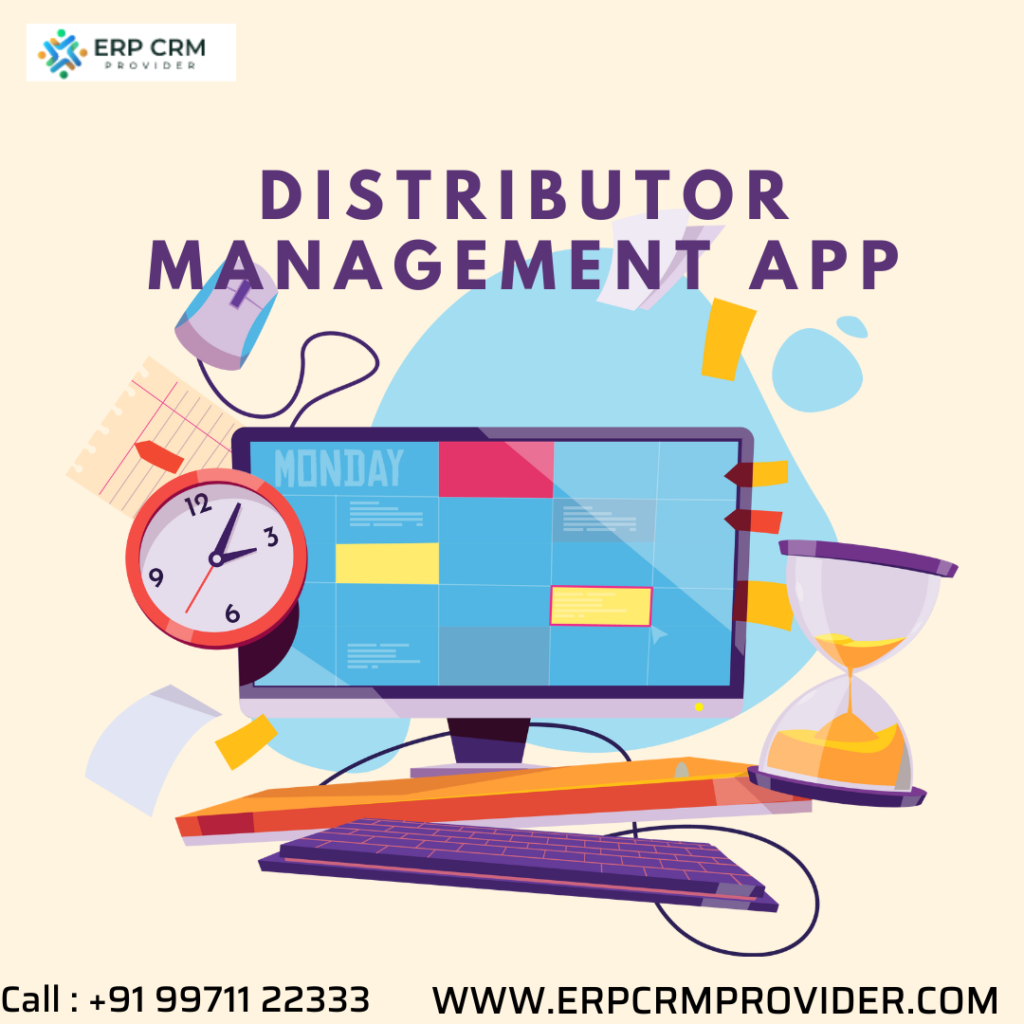Distributor management app is essential in today’s business environment. Organizations are always on the hunt for cost-saving strategies and ways to increase the level of customer satisfaction. Distributor management app is another essential tool that has been crucial in achieving the above objectives. These apps are created in such a way that sharing and handling information between manufacturers and distributions is without any hitches. Distributor Management Apps: The Definition, Functionality, Advantages, and Impact on Business.
What Are Distributor Management Apps?
Distributor Management Apps are kinds of software that enable organizations to manage their distributor management app. These apps offer manufacturers a single platform to update inventory, receive orders, place shipments, and assess distributor performance. In addition to offering many functional elements in one system, DMAs help to plan facilities operations in more transparent way and make fewer mistakes and misunderstandings.
Key Features of Distributor Management Apps :
1. Order Management
Order management is among the main activities of DMAs. This is a feature that enables the manufacturers to receive, process, and manage orders from the distributors in real time. The distributors will place their orders through the app and the manufacturers will promptly confirm the orders and deliver the items accordingly.
2. Inventory Management
Supply chain management is important for avoiding stock-outs or overstocks. DMAs give real-time access to information about inventory at different places. This enables manufacturers and distributors to keep minimal inventories in hand to cut carrying costs and increase the delivery performance of orders.
3. Sales Tracking and Reporting

DMAs offer valuable sales reporting and monitoring tools. This allows manufacturers to track the sales performance of each distributor and forecast trends. It can assist in identifying top-performing distributors and dealing with those who do not meet sales goals.
4. Payment and Invoicing
Handling payments and invoicing can be complex, especially when dealing with multiple distributors. DMAs simplify this process by automating invoicing, tracking payments, and managing credit terms. This reduces administrative work and ensures that financial transactions are processed accurately and promptly.
5. Communication Tools
Effective communication between manufacturers and distributors is essential for a smooth supply chain. DMAs often include communication tools such as messaging systems, notifications, and alerts. These features facilitate quick and efficient communication, helping to resolve issues and share important information in real time.
6. Performance Analytics
DMAs provide robust analytics tools that help manufacturers evaluate the performance of their distribution network. By analyzing data on sales, inventory levels, order fulfillment times, and other key metrics, companies can identify areas for improvement and make strategic decisions to enhance overall efficiency.
Benefits of Using Distributor Management Apps :
1. Improved Efficiency
By automating various processes and providing real-time data, DMAs significantly improve operational efficiency. Manufacturers can process orders faster, manage inventory more effectively, and reduce the time spent on administrative tasks.
2. Enhanced Visibility
DMAs offer complete visibility into the supply chain, allowing manufacturers to monitor the status of orders, inventory levels, and distributor performance. This transparency helps in making informed decisions and addressing issues proactively.
3. Better Collaboration
Effective collaboration between manufacturers and distributors is key to a successful supply chain. DMAs facilitate seamless communication and collaboration, ensuring that both parties are on the same page and can work together towards common goals.
4. Cost Savings
They can save costs by streamlining the inventory, ensuring proper order management, and minimizing administrative work involved. This will enable the company to invest the saved money in other growth and innovation areas.
5. Increased Sales
Tools include sales tracking and performance metrics that could help a manufacturer identify sales-growth opportunities. Manufacturers can help distributors sell more by providing them with needed tools and information to gain access to new markets.
6. Scalability
It is easier to manage a smaller number of distributors since the business is smaller. DMAs are highly sustainable technologies whose capacity can expand in line with business expansion. They allow the business to add/remove distributors, new products and new modules as the business grows
Transforming Business Operations:
The following are some of the ways in which Distributor Management Apps help to change business processes. First of all, they help businesses optimize their performance and address fast-evolving market demands. DMAs act as the main organization interface between distributors and all other relevant activities, which helps to address the challenge of supply chain fragmentation and simplify it.
Furthermore, the data collected by DMAs is helpful because it enables ERP CRM Software companies to formulate better business strategies. With the help of real-time data and analytics, businesses can find patterns and anticipate future demand to increase the efficiency of production. This has not only increased their competitiveness but also improved customer satisfaction by availing the products when they are required and where they are required.
Conclusion:
Distributor Management Apps are strong tools that can have a great impact in the efficiency, visibility and cooperation of a supply chain. Such solutions can help businesses operate more efficiently and lower their costs while expanding their ventures. With the current technological trends and advancements, the functionality of DMAs will continue to grow and provide more opportunities for companies that adopt this alternative distributor management methodology.



